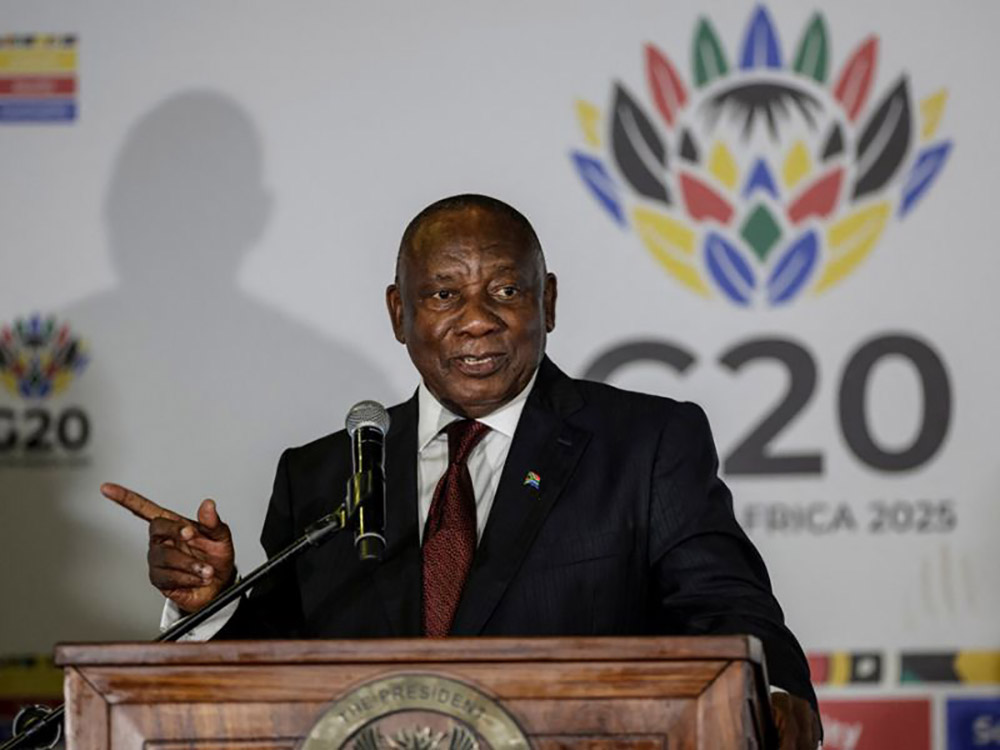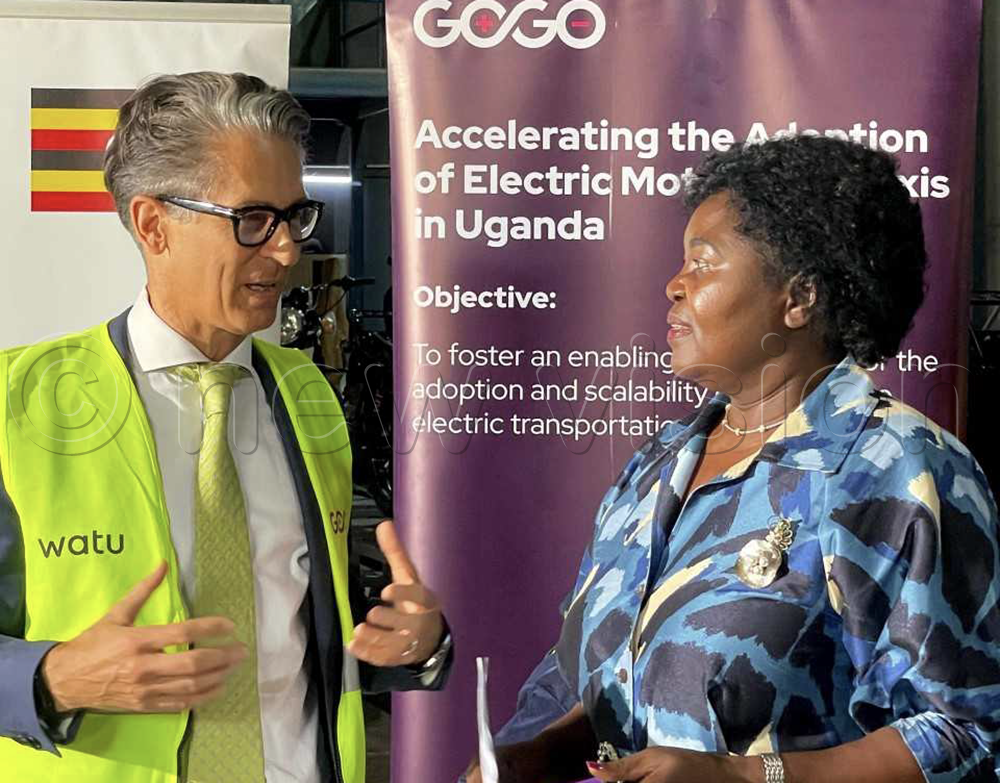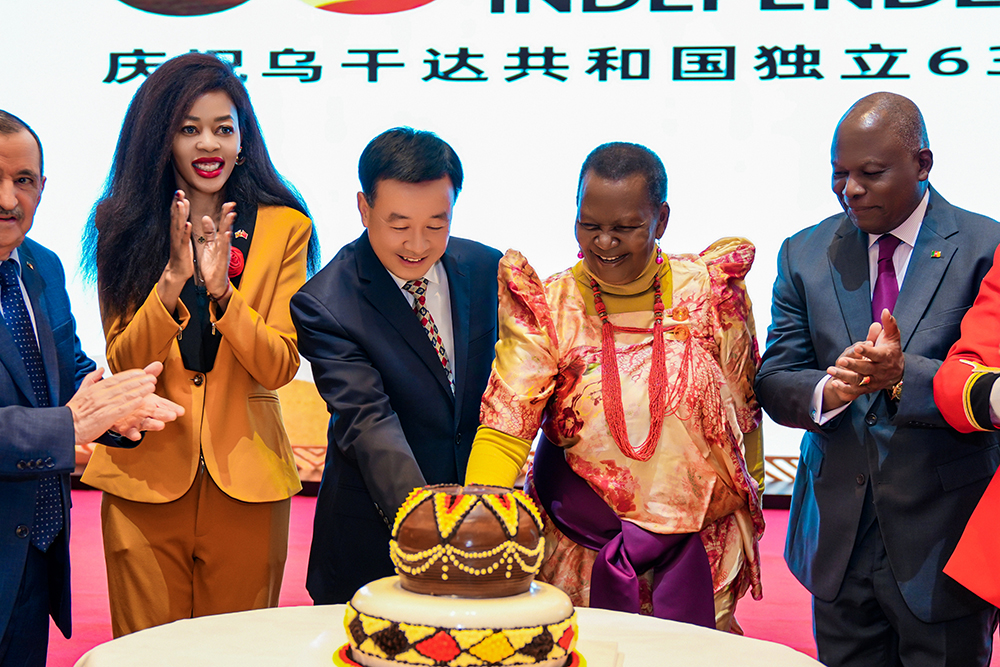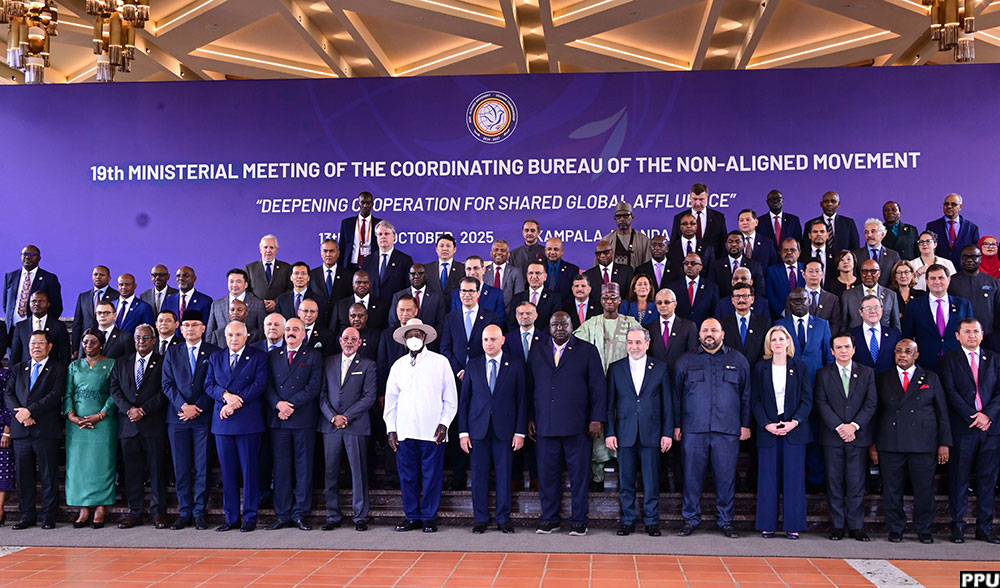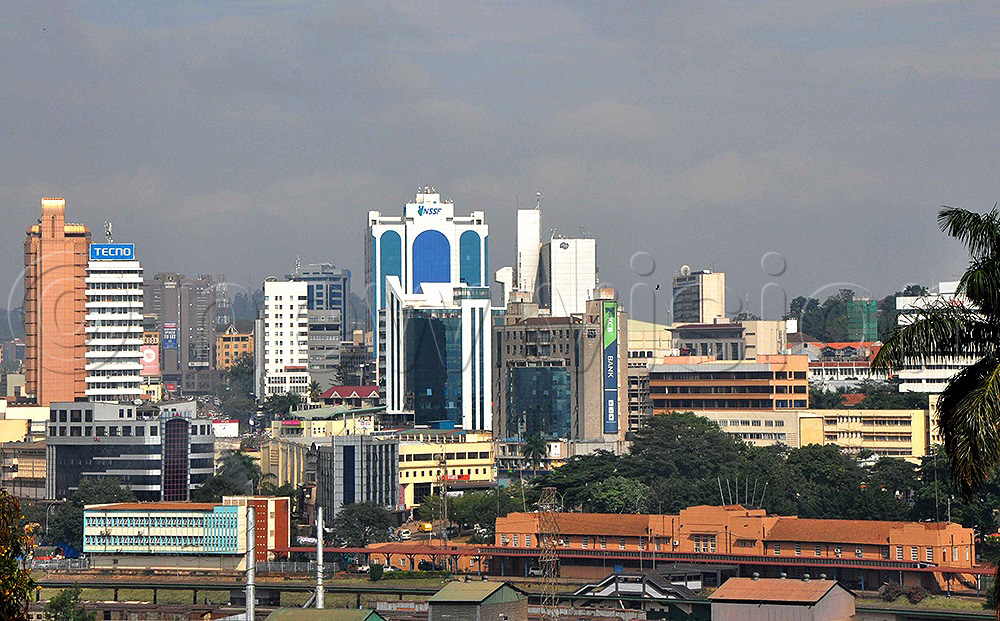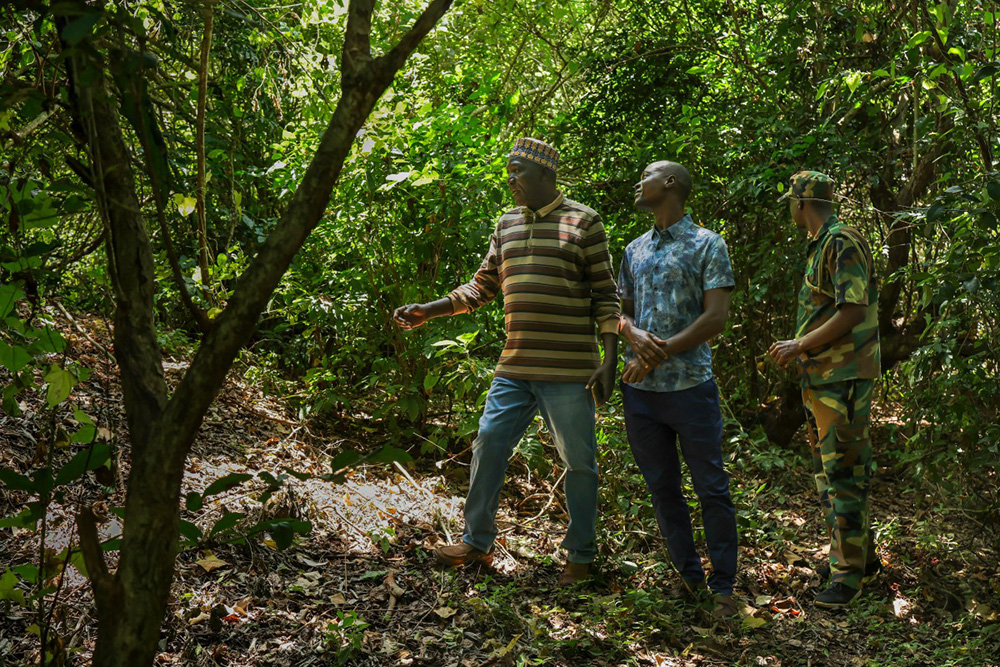Ramaphosa said hosting the summit was an opportunity to promote greater collaboration between African nations and the rest of the world. (File Photo)
South Africa's Gauteng Provincial government has announced its preparedness to host the Group of Twenty (G20) leaders' summit, an international platform that brings together the world’s major economies to coordinate macroeconomic policies, promote global financial stability, and address pressing international challenges.
The provincial government, in a statement issued on November 4, 2025, said it will, on November 15, hand over the organisation to the central government to host the meeting scheduled for November 22-23.
Despite a few hiccups, the provincial government said all concerns, including provision of adequate water, uninterrupted power supply, greening of public spaces, safety and security, and disaster management, have been addressed.
"As we prepare to hand over to the national government, we do so with immense pride and confidence. Gauteng is ready," the statement said.
G20 members collectively represent around 85 percent of global GDP, over 75 percent of global trade, and two-thirds of the world’s population.
The G20 Presidency coordinates the agenda and hosts meetings, supported by the “troika” the current, previous, and incoming presidencies. During South Africa’s Presidency, the troika will include Brazil (past), South Africa (current), and the United States (incoming).
The much-anticipated gathering, which will be held under the theme "Solidarity, Equality, Sustainability", will be held at Nasrec Expo Centre.
Established in 1999 following the Asian financial crisis, the G20 began as a forum for Finance Ministers and Central Bank Governors.
In 2007, the G20 was elevated to a Leaders’ Summit level, expanding its scope to include broader global issues such as trade, climate change, development, health, energy, agriculture, and anti-corruption.
South Africa hopes to position the summit as a platform for addressing inclusive growth, debt sustainability, climate finance, food security and artificial intelligence governance.
“The Summit’s location underscores the need for African voices to be heard on critical global issues, like sustainable development, the digital economy and the shift toward green energy,” South African President Cyril Ramaphosa said early this year at the G20 foreign minister meeting.
Ramaphosa said hosting the summit was an opportunity to promote greater collaboration between African nations and the rest of the world.
The president said there is a lack of consensus among major powers, including in the G20, on how to respond to issues of global significance, for instance, geopolitical tensions, climate change, economic inequality and food insecurity.
He called for greater consensus among major powers within the G20 to address these issues.
While commissioning the G20 Extraordinary Committee Report on Global Inequality early this month, Ramaphosa said he can't wait to discuss with the world leaders under the G20, the escalating global inequality crisis.
According to the report, 83 percent of countries, representing 90 percent of the world's population, now meet the World Bank's definition of "high inequality." These nations are seven times more likely to experience democratic decline than more equal societies.
The report, which is the G20’s first-ever report on global inequality, was compiled by a Committee of independent experts, headed by Nobel Prize-winning economist Professor Joseph Stiglitz. Stiglitz was joined by five other experts, among which included Winnie Byanyima from Uganda and also Executive Director of UNAIDS.
On September 9, 2023, during the G20 Summit in New Delhi, the African Union (AU) was officially admitted as a permanent member, marking a historic milestone.
The AU’s inclusion ensures that Africa has formal representation in global economic governance structures, significantly enhancing its ability to shape international policy.
The G20 comprises 19 countries, including Argentina, Australia, Brazil, Canada, China, France, Germany, India, Indonesia, Italy, Japan, Republic of Korea, Mexico, Russia, Saudi Arabia, South Africa, Türkiye, United Kingdom, and United States and two regional bodies, namely the European Union and the African Union.


 Hajarah Nalwadda
Hajarah Nalwadda 